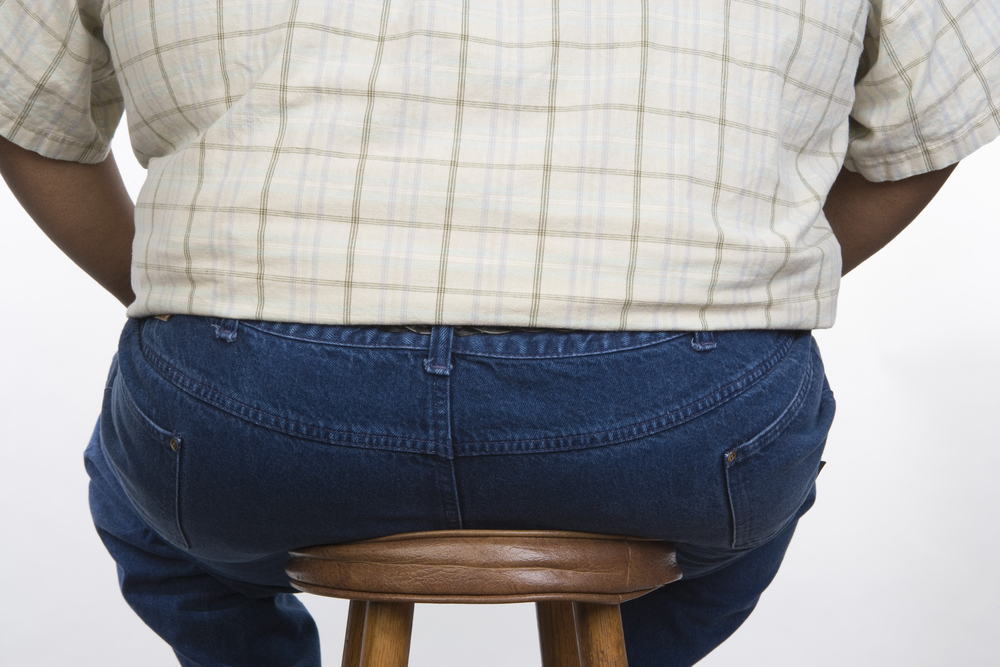While discussions about weight and body image often focus on women, men face their own silent battle with self-doubt and confidence. For many overweight men, the daily struggle extends far beyond physical health, seeping into their relationships, careers, and sense of self-worth.
The impact of this self-doubt creates ripple effects throughout their lives, influencing everything from social interactions to professional advancement. Understanding these challenges represents a crucial step toward addressing both the physical and emotional aspects of men’s health.
Beyond physical health
The psychological burden of carrying extra weight often weighs heavier than the physical implications. Men report experiencing persistent negative self-talk, diminished confidence, and a reluctance to engage in social situations. These emotional struggles can create a cycle of isolation and reduced motivation, making it harder to implement positive changes.
Many men describe feeling caught between societal expectations of masculinity and their personal struggles with body image. This conflict often leads to internalized shame and reluctance to seek support, creating additional barriers to both physical and mental well-being.
Professional implications
In the workplace, weight-related self-doubt can significantly impact career progression. Men report hesitating to pursue promotions, speak up in meetings, or take on leadership roles due to concerns about how others perceive them. This self-imposed limitation can stall promising careers and prevent talented individuals from reaching their full potential.
The professional environment, with its emphasis on appearance and presentation, can amplify these insecurities. Men often feel pressure to conform to certain physical standards, particularly in client-facing roles or leadership positions.
Relationship challenges
The impact on personal relationships proves particularly profound. Weight-related self-doubt can create barriers to forming new connections and maintaining existing ones. Men may withdraw from dating, avoid social gatherings, or struggle with physical intimacy due to body image concerns.
These insecurities can strain partnerships, as men might misinterpret their partner’s support or withdraw emotionally. The fear of judgment or rejection often prevents open communication about these struggles, creating distance in relationships that could otherwise provide valuable support.
Media pressure and social standards
Modern media’s portrayal of masculine ideals continues to emphasize lean, muscular physiques, creating unrealistic standards for men of all ages. Social media platforms amplify these pressures, presenting a constant stream of idealized male bodies and fitness transformations.
This exposure can intensify feelings of inadequacy and self-doubt. Men find themselves comparing their bodies to heavily curated images, often without recognizing the unrealistic nature of these comparisons.
Breaking the silence
The path to overcoming weight-related self-doubt often begins with acknowledging these struggles openly. Mental health professionals emphasize the importance of addressing both the physical and emotional aspects of weight management.
Support groups and online communities have emerged to provide safe spaces for men to discuss these challenges. These forums allow men to share experiences and strategies, helping them realize they’re not alone in their struggles.
Moving toward solutions
Addressing weight-related self-doubt requires a comprehensive approach that considers both physical and mental health. Successful strategies often include:
Setting realistic health goals rather than focusing solely on appearance Building support networks that encourage both emotional and physical well-being Developing self-compassion and challenging negative self-talk Working with health professionals who understand the psychological aspects of weight management
The path forward
Understanding and addressing the relationship between weight and self-doubt in men represents a crucial step toward better health outcomes. By acknowledging these challenges openly, society can begin to create more supportive environments for men struggling with weight-related confidence issues.
The journey toward better health and self-acceptance requires addressing both physical and emotional well-being. As awareness grows about the impact of weight-related self-doubt on men’s mental health, more resources and support systems become available to those seeking help.
Progress starts with recognition – acknowledging that weight-related self-doubt affects many men and deserves attention and support. Through this understanding, men can begin to build pathways toward both physical health and emotional well-being, free from the burden of silence and shame.
This story was created using AI technology.














